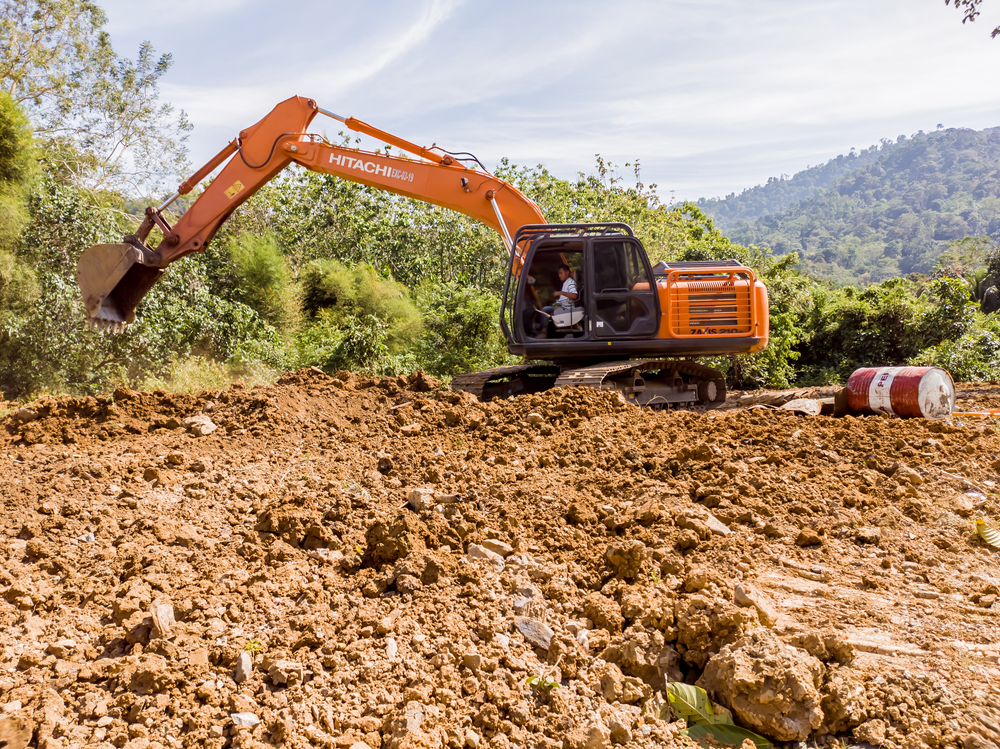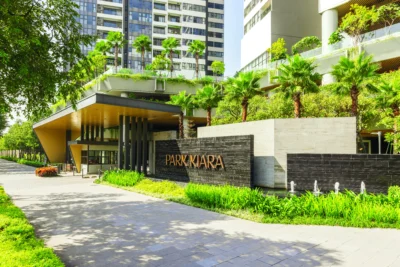Indonesian ministry resolves land conflict by preparing a new roadmap
The LUCIS method developed at the University of Florida can map potential conflicts that may occur in an area

According to Rumah.com, Indonesia’s Ministry of Agrarian Affairs and Spatial Planning/National Land Agency (ATR/BPN) continues to implement agrarian reform programs to remove inequality in land ownership and use, as well as accelerate land registration throughout the country.
However, the implementation of such reform faces obstacles, including many land conflicts and disputes. Surya Tjandra, deputy minister of ATR/BPN, mentioned that one of the several factors that cause these conflicts is the insufficient one map policy.
“Even between ministries and agencies until now, they still have different perspectives and maps, so this also often causes conflicts. Therefore, we continue to encourage the agrarian reform program and gradually develop a map for all land sectors,” he said.
Another factor of land disputes and conflicts is the lack of orderly land administration. Surya said that there has been no plotting management or mapping of land parcels in a village, but a complete systematic land registration mechanism (PTSL) should be helpful.
Limited budget and the number of institutions that process land certificates is an additional component that needs to be resolved immediately, to prevent the domino effect of conflicts.
The Ministry of ATR/BPN itself has made a model of a conflict resolution strategy developed by Margaret Carr and Paul Zwick from the University of Florida.
More: Indonesia records growth in 4 economic sectors in Q2 2021
The model, called the Land-Use Conflict Identification Strategy (LUCIS), is a geospatial information system-based method. It will combine spatial planning with land use knowledge to create a foundation for agrarian reform activities and agrarian conflict resolution.
“So in the future we will emphasize prevention as well as collaboration or cooperation between institutions when managing conflicts that may occur. This is based on the need to accelerate the settlement of land cases and prevent the occurrence of repeated land cases. We are also preparing a roadmap for handling and resolving land disputes and conflicts with the University of Indonesia (UI),” explained Surya.
The Property Report editors wrote this article. For more information, email: [email protected].
Recommended
Park Kiara in Hanoi raises the bar for sustainable urban living
Park Kiara in Hanoi is a repudiation of low-density, car-dependent suburban sprawl
6 reasons Bekasi is rising as Greater Jakarta’s next hotspot
One of Greater Jakarta’s rising stars is prospering, thanks to ample recreation and a contingent of desirable housing projects
6 developments driving Asia’s green real estate shift
Developers are being incentivised to push a green agenda into daring new realms
The Philippines’ LIMA Estate drives sustainable industrial growth
LIMA Estate models a citywide vision that uplifts workers while appealing to climate-conscious employers






